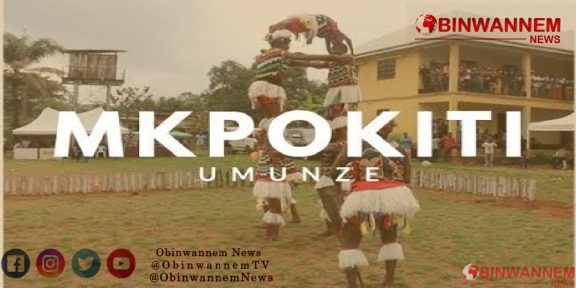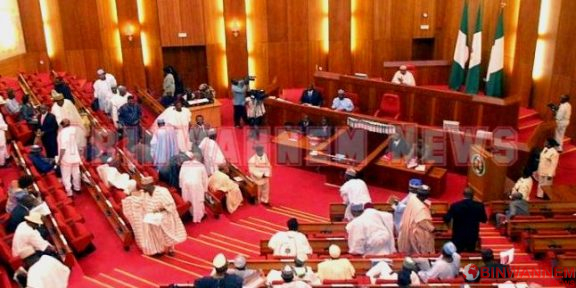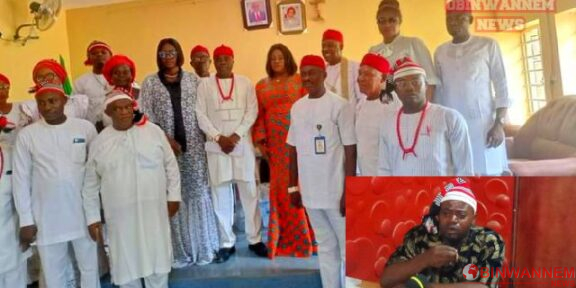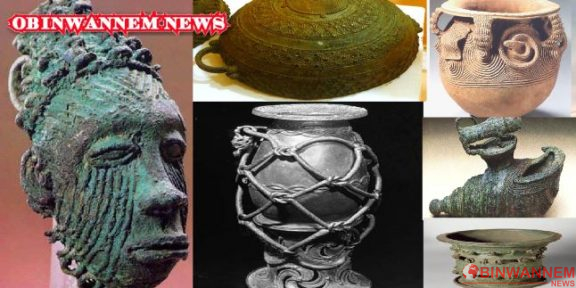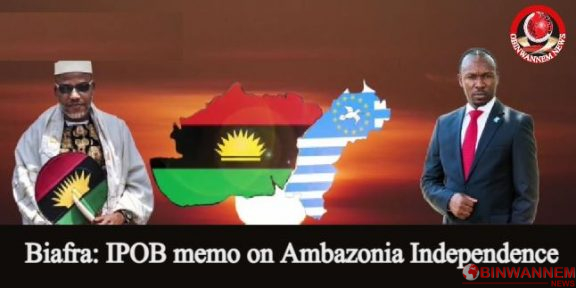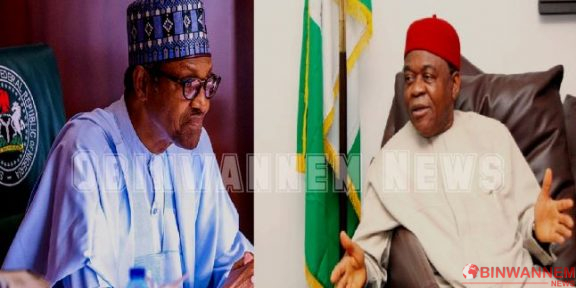Neocolonialism refers to the indirect control and influence exerted by former colonial powers over their former colonies, often in less obvious ways. Nigeria, a country once under British colonial rule, has faced various forms of neocolonialism in its post-independence history. In this article, we will explore some of the forms of neocolonialism in Nigeria and examine the alleged tricks employed by Britain to maintain its influence.
One of the most prevalent forms of neocolonialism in Nigeria is economic exploitation. After gaining independence in 1960, Nigeria became heavily dependent on its colonial master, Britain, for economic aid and trade. However, this relationship has often been seen as skewed, with Nigeria being exploited for its natural resources, such as oil, without receiving equitable benefits in return.
Another form of neocolonialism is the provision of foreign aid and loans by Britain and other developed nations. Although these aids and loans are intended to promote development, they often come with strings attached, such as conditionalities that favour the donor countries. This perpetuates a cycle of dependency and allows the former colonial powers to maintain control over Nigeria’s economic policies.
Political interference is a significant aspect of neocolonialism in Nigeria. Britain has been accused of manipulating Nigeria’s political landscape to maintain its influence and protect its interests. This interference can range from supporting specific political parties or candidates to influencing policy decisions behind the scenes. By doing so, Britain can indirectly control Nigeria’s governance and ensure the continuation of favourable conditions for its economic operations.
Cultural influence is a subtle yet powerful form of neo-colonialism. Britain’s colonial legacy has left a lasting impact on Nigeria’s cultural fabric, with English remaining the official language and British customs and traditions continuing to influence Nigerian society. This cultural dominance perpetuates a sense of colonial subjugation and maintains a connection to the former colonial power.
The Trick of Britain:
While it is essential to acknowledge the historical context and the impact of neocolonialism, labelling it as a “trick” implies a deliberate and calculated effort by Britain. It is crucial to note that neocolonialism often evolves organically, driven by complex geopolitical, economic, and historical factors. However, critics argue that Britain has strategically employed its economic and political leverage to maintain control over Nigeria, albeit in less overt ways.
In conclusion, neocolonialism in Nigeria takes on various forms, including economic exploitation, foreign aid, political interference, and cultural influence. These dynamics have perpetuated a cycle of dependency and allowed Britain to maintain control over Nigeria’s economic and political landscape.
While the use of the word “trick” may be subjective, it is evident that the remnants of colonial power dynamics continue to shape Nigeria’s present-day reality. Nigeria and other post-colonial nations must recognize and address these forms of neocolonialism to achieve true independence and self-determination.



